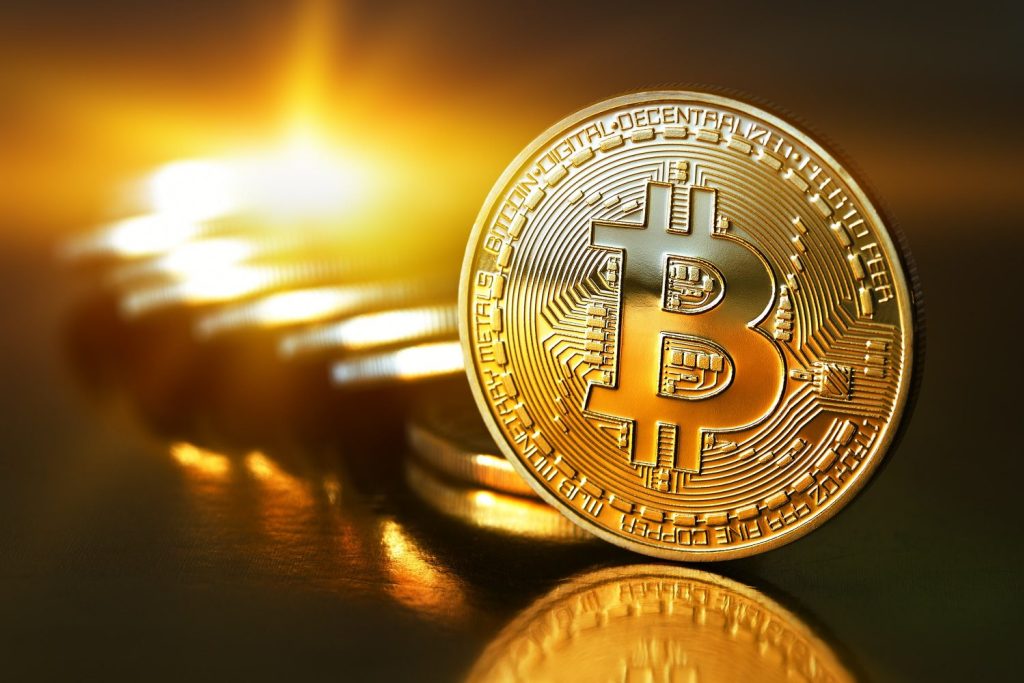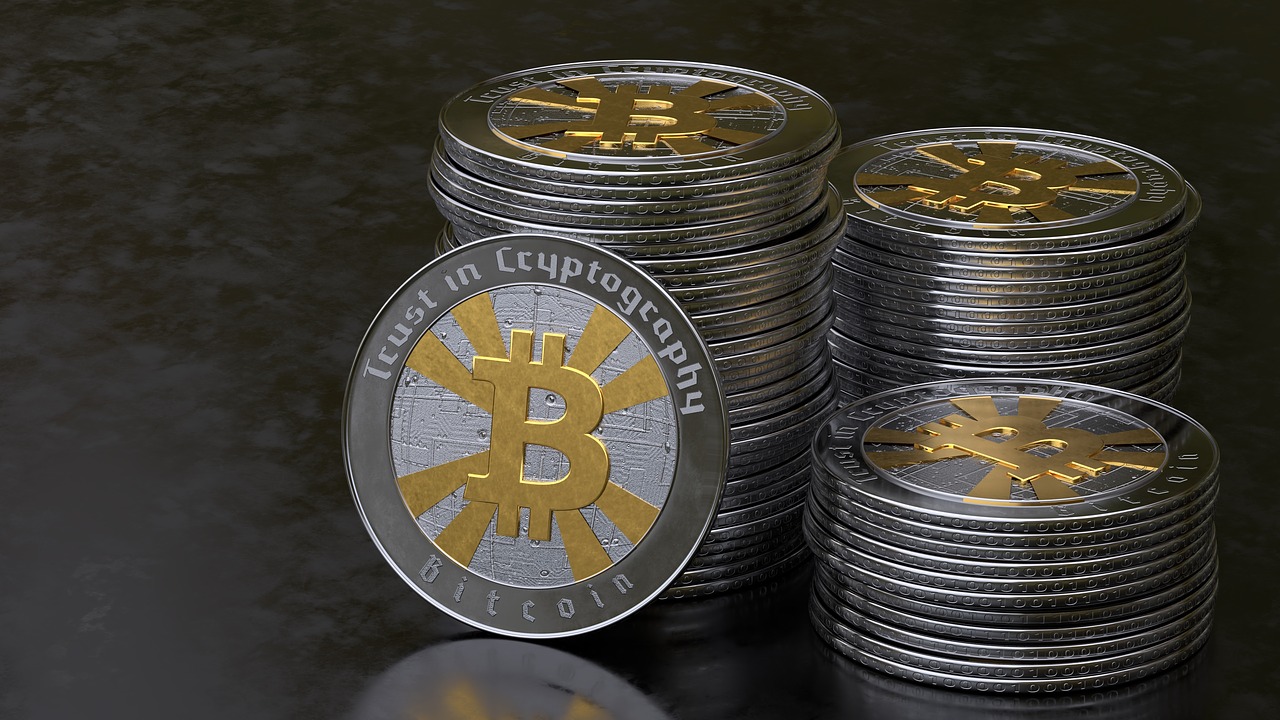Here comes a slap for blockchain – and a big one at that. McKinsey, one of the most respected financial service agencies in the world, has found little evidence that blockchain is useful in practice. Ouch! That’s got to hurt. We’ve always believed that blockchain will be leveraged to add transperancy, facilitate financial transactions, and ultimately help banks to introduce more security to everything they do.
Blockchain Is Not What We Expected, McKinsey Says
Not to mention that nobody would ever need to ever worry about their transactions being delayed due to human error or anything of the sort. It’s as simple as that and there’s no mistaking the fact. However, McKinsey is now prepared to deliver some hard-hitting reporting.
Founded back in 1926 and numbering 27,000 employees globally, McKinsey definitely knows what they are doing. An article published by three McKinsey partners has outlined a rather uninspiring scenario for blockchain:
“Evidence for a practical scalable use for blockchain is thin on the ground.”
This is most certainly a slap for the entire industry and we can understand why it can be worrying. Is blockchain a bubble? It is, because a lot of people have pinned their hopes on it. This neat little technology is supposed to make our lives easier:
- By expediting process across the entire supply-chain
- Making financial transactions easier and quicker than before
- Introduce transperancy & security to whatever it is we’re doing online
And so, McKinsey has come, bringing the math and the hard-hitting numbers to dash our hopes in a less than polite manner. The simplest solutions are the best ones, McKinsey has said, citing Occam’s Razor in their paper.
Turns out blockchain is just not one of those solutions any more. While many have called cryptocurrencies such as Bitcoin (BTC) as “liberating”, beyond the reach of any institution or government agency, the fact is that Satoshi Nakamoto would be most certainly displeased with the state of the entire industry (which he/she or they most likely are).
Operating in secrecy, though, the crypto-founders don’t want to call any attention to themselves. Why would they bother at all? It’s most certainly an interesting thing to see the crypto industry not penning out operating beyond the control of governments.
Stuck Between Regulatory Predicaments
So, it has come to the simple truth that McKinsey may be right. But why is blockchain and cryptocurrencies struggling to really catch up to their true potential? A simple explanation would have it that these assets were never meant/intended to operate in an environment that is so heavily regulated.
Blockchain and cryptocurrencies are in fact regulated and they cannot be truly free. Their original purpose and raison d’etre have been entirely defeated, nipped at the bud, completely sniffed out. And that’s not really nice. Let’s talk regulation, then.
Regulation – A Necessary Evil or a Hurdle That Needs Clearing?
Japan has been affected by quite a few unpalatable developments in its crypto sector. As a result, the country’s crypto actors have been forced (or rather chose to) set up a Self-Regulatory Crypto Exchange Association.
The idea hasn’t been met with much enthusiasm but it was acknowledged as a necessary precaution to seek active measures to fight the downsides of pirate attacks, hacking and more security risks that continue to pest users. The Japan Virtual Currency Exchange Association (JVCEA) is very much alive and ready to pick a fight with any nefarious party.
Not that it wants to, actually. Nevertheless, five more cryptocurrency exchanges have decided to sign up with JVCEA in a bid to minimize the downsides of going it alone and becoming the easy prey of hackers.
The body was set-up after Coincheck lost $534 million in a single day, leaving users shocked and Coincheck with a lot of explaining to do indeed. All interested parties are joining JVCEA to guarantee mutual security and also work on common frameworks to minimize the risk for their enterprises.
The question remains of course if such measures are not exaggerated – many believe that bringing exchanges closer together would mean that hackers will have to focus on a single defense mechanism rather than having to figure out the different weakness of each crypto base.
Why Are Crypto and Blockchain So Susceptible?
Interestingly enough, crypto currencies and blockchain technologies are supposed to be far more risk-averse, but it turns out they are not quite so this begs the question- why trust these digital assets in the first place.
The simple answer is that they have a lot of potential and that’s probably true, but the simple fact is that they are also far more susceptible to fraud. Despite their relatively mall share of the global economy, the percentage of frauds in the crypto and blockchain sector far exceeds the much more developed financial sector.
So, what’s wrong? We will need to find out before McKinsey can OK blockchain.



Comments (No)